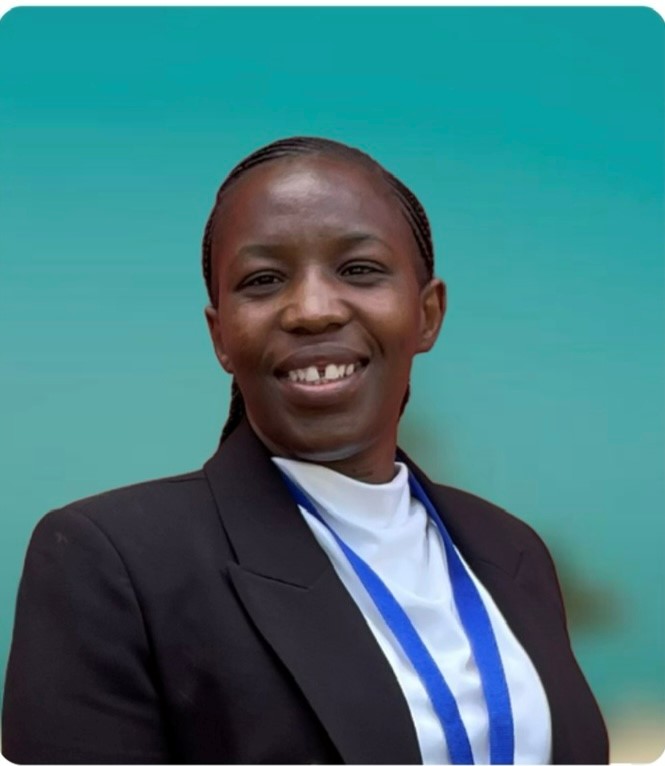ADD THESE DATES TO YOUR E-DIARY OR GOOGLE CALENDAR
This site is part of the Siconnects Division of Sciinov Group
This site is operated by a business or businesses owned by Sciinov Group and all copyright resides with them.
ADD THESE DATES TO YOUR E-DIARY OR GOOGLE CALENDAR

Durban University of Technology
Title:Exploring the Accessibility of Sexual and Reproductive Health Services for Persons with Disabilities in South Africa
Access to sexual and reproductive health is a challenge for persons with disabilities despite the policies and legislation that have been developed. This paper explores the accessibility of sexual and reproductive health (SRH) services for persons with disabilities in South Africa through the lens of the social model of disability. The social model emphasizes that disability is not merely a result of an individual's impairments but a consequence of societal barriers, including inaccessible environments, discriminatory attitudes, and exclusionary practices. Despite South Africa's progressive policies, persons with disabilities continue to face significant challenges in accessing SRH services. These barriers include physical inaccessibility of healthcare facilities, inadequate staff training, negative societal perceptions, and a lack of tailored information for individuals with disabilities. The social model highlights how these systemic issues, rather than individual impairments, prevent persons with disabilities from enjoying their sexual and reproductive rights. Using the qualitative secondary data, the paper advocates for a shift in healthcare policies and practices, calling for the inclusion of persons with disabilities in SRH programs, the improvement of healthcare infrastructure, and the promotion of positive societal attitudes towards the sexuality of people with disabilities. It also emphasizes the need for comprehensive training for healthcare providers and establishing support networks to facilitate better access to SRH services. By addressing the structural barriers through a social model approach, South Africa can move closer to achieving equitable SRH access for all.
Dr Zimkitha Mahlungulu is an emerging researcher and a Postdoctoral Fellow at the International Centre of Nonviolence (ICON) at DUT, with a PhD in Community Development from the University of Kwa-Zulu Natal. Dr Mahlungulu has experience in NGOs, public service and higher education. She has published journal articles and submitted numerous book chapters. Moreover, she has presented her research at several national and international conferences. Her research interest is on social justice, intersectionality, community development, and peacebuilding.